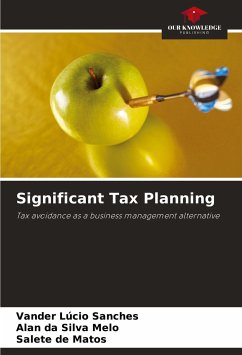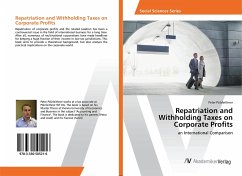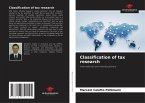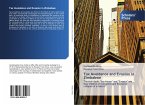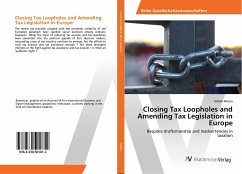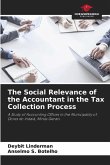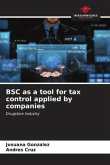In a world of such fierce competition, tax planning, also known as tax avoidance, plays an extremely important role for companies. If taxpayers want to reduce their tax burden, they can do so in two ways. The legal way is called Tax Planning (Tax Avoidance or Legal Economy) and the illegal way is called Tax Evasion, which is a tax offence. Tax planning is a set of legal systems aimed at reducing tax payments. Taxpayers have the right to structure their business in the way that best suits them, seeking to reduce the costs of their enterprise, including taxes. If the form is legal and lawful, the tax authorities must respect it. To establish the theory, a simulation was carried out at CIA SILAS SANCHES S/A so that the reader can exercise theory and practice in a very meaningful way. The focus will be on tax regimes: Real Profit vs Presumed Profit. This study will demonstrate and prove the benefits that a correct framework, together with tax-saving measures, can bring to business management.
Bitte wählen Sie Ihr Anliegen aus.
Rechnungen
Retourenschein anfordern
Bestellstatus
Storno

